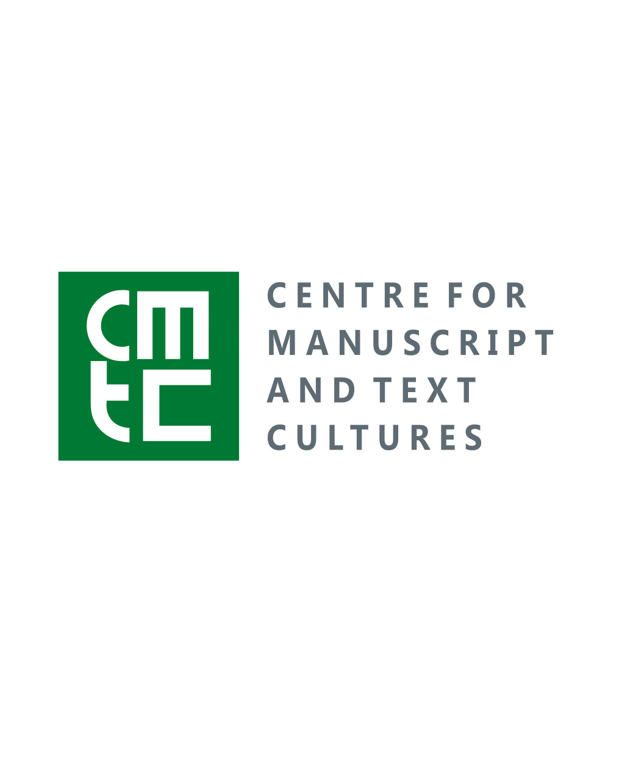This talk is being given as part of the College’s academic theme for this year: perception. How do we come to know the world through our senses? Is perception a direct window onto reality or is it always tinged with interpretation? Prof Johannes Roessler (University of Warwick) will be offering an example of how philosophers approach these questions.
Abstract: Philosophers have traditionally treated the senses and the intellect as distinct faculties, but from time to time the dichotomy has been challenged. Reflecting on the phenomenon he called ‘seeing an aspect’ Wittgenstein asked: ‘Is it a case of both seeing and thinking? or an amalgam of the two, as I should almost like to say?’ Again, in The Concept of Mind, Ryle maintains that perceptual recognition implicates both perceiving and thinking, in a way that cannot be analysed as a ‘conjunction’ of distinct facts about the operation of perception and the intellect. Merleau-Ponty attributes a similar view to Cézanne: ‘ “I agree that the painter must interpret it [a face]”, said Cézanne. “The painter is not an imbecile.” But this interpretation should not be a thought distinct from seeing.’
In this talk, I plan to do three things: to distinguish between two readings of the ‘amalgamation thesis’ (one stronger than the other); to make a case for the stronger reading; and to consider how that reading bears on questions about the nature of perception.
The session is designed to be accessible to all—no background in philosophy is required, and everyone in College is welcome.


